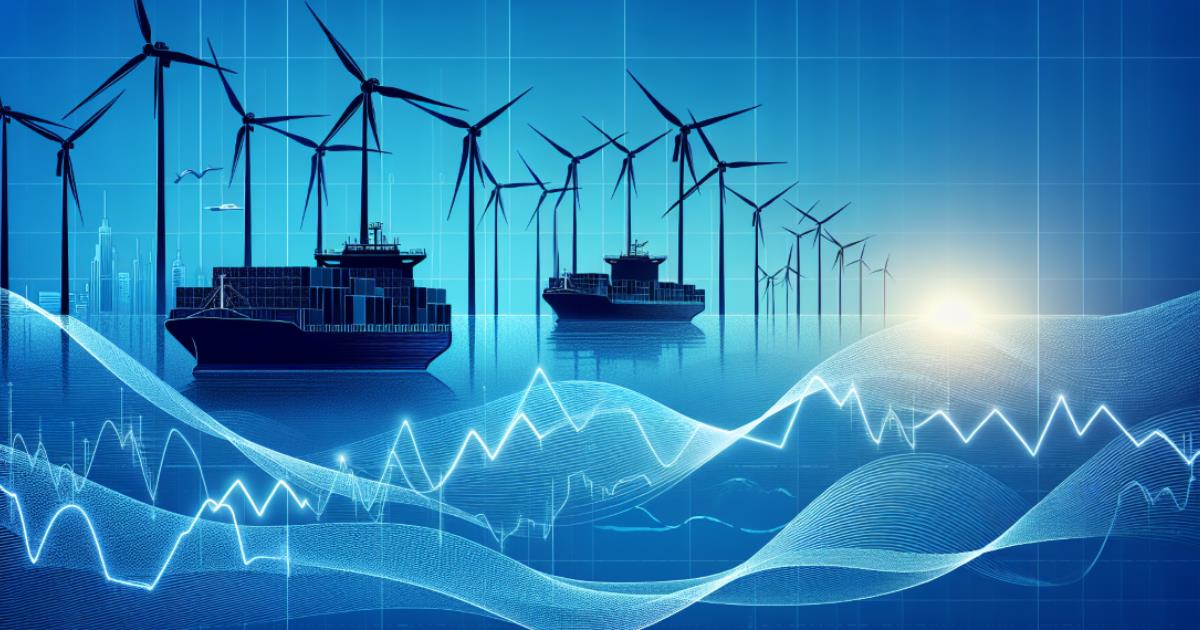Sustainable Maritime Transportation in Fluctuating Market: Technologies, Innovations, and Challenges
A special issue of Journal of Marine Science and Engineering (ISSN 2077-1312). This special issue belongs to the section "Coastal Engineering".
Deadline for manuscript submissions: 25 April 2025 | Viewed by 15947

Special Issue Editors
Interests: intelligent transportation; green shipping; sustainable transportation
Special Issues, Collections and Topics in MDPI journals
Interests: maritime; transportation; Short Sea Shipping
Special Issues, Collections and Topics in MDPI journals
Special Issue Information
Dear Colleagues,
With the rapid growth of global trade, maritime transportation has emerged as a crucial link connecting the world’s countries. However, in the current shipping environment, the global shipping market is facing many challenges and opportunities. In particular, at the end of 2023, under the impact of the Red Sea crisis, international shipping prices skyrocketed significantly, having a profound impact on the global supply chain and trade activities. The Red Sea crisis has not only disrupted freight traffic, it also dramatically increased freight rates on routes from Asia to Europe, the Mediterranean, and the east coast of North America. That has put further pressure on a shipping market already suffering from slowing global growth and uncertain trade prospects. In this context, it is particularly important to find more efficient, economic, and green modes of transport. This also provides us with an opportunity for technological innovation in the shipping market.
This research topic will collect comprehensive review articles and original research articles of any related scientific work and basic research, including that on the theme of “Sustainable Maritime Transportation in Volatile Markets: Technologies, Innovations, and Challenges”. We will focus on technological innovations, market mechanisms, opportunities, challenges, and other aspects, and deeply analyze the current problems in the field of shipping in the face of a fluctuating market, as well as proposing practical solutions to promote the green transformation of the industry.
Topics of interest include, but are not limited to, the following:
- Eco-efficient ship technologies: exploring the design, manufacturing, and application of new eco-efficient ships, including clean energy vessels and low-carbon emission ships, to promote green development in the shipping industry.
- Intelligent shipping and logistics: investigating the application of big data, artificial intelligence, and other technologies in shipping and logistics, aiming to improve transportation efficiency, reduce operating costs, and minimize environmental pollution.
- Green ort construction: discussing the construction and management of green ports, including energy conservation, emission reduction, waste disposal, and ecological protection, to promote the sustainable development of ports.
Prof. Dr. Guangnian Xiao
Dr. Lang Xu
Guest Editors
Manuscript Submission Information
Manuscripts should be submitted online at www.mdpi.com by registering and logging in to this website. Once you are registered, click here to go to the submission form. Manuscripts can be submitted until the deadline. All submissions that pass pre-check are peer-reviewed. Accepted papers will be published continuously in the journal (as soon as accepted) and will be listed together on the special issue website. Research articles, review articles as well as short communications are invited. For planned papers, a title and short abstract (about 100 words) can be sent to the Editorial Office for announcement on this website.
Submitted manuscripts should not have been published previously, nor be under consideration for publication elsewhere (except conference proceedings papers). All manuscripts are thoroughly refereed through a single-blind peer-review process. A guide for authors and other relevant information for submission of manuscripts is available on the Instructions for Authors page. Journal of Marine Science and Engineering is an international peer-reviewed open access monthly journal published by MDPI.
Please visit the Instructions for Authors page before submitting a manuscript. The Article Processing Charge (APC) for publication in this open access journal is 2600 CHF (Swiss Francs). Submitted papers should be well formatted and use good English. Authors may use MDPI's English editing service prior to publication or during author revisions.
Keywords
- sustainable maritime transportation
- fluctuating market
- eco-efficient ship technology
- intelligent shipping
- green port
- challenges and future trends
Benefits of Publishing in a Special Issue
- Ease of navigation: Grouping papers by topic helps scholars navigate broad scope journals more efficiently.
- Greater discoverability: Special Issues support the reach and impact of scientific research. Articles in Special Issues are more discoverable and cited more frequently.
- Expansion of research network: Special Issues facilitate connections among authors, fostering scientific collaborations.
- External promotion: Articles in Special Issues are often promoted through the journal's social media, increasing their visibility.
- e-Book format: Special Issues with more than 10 articles can be published as dedicated e-books, ensuring wide and rapid dissemination.
Further information on MDPI's Special Issue polices can be found here.






